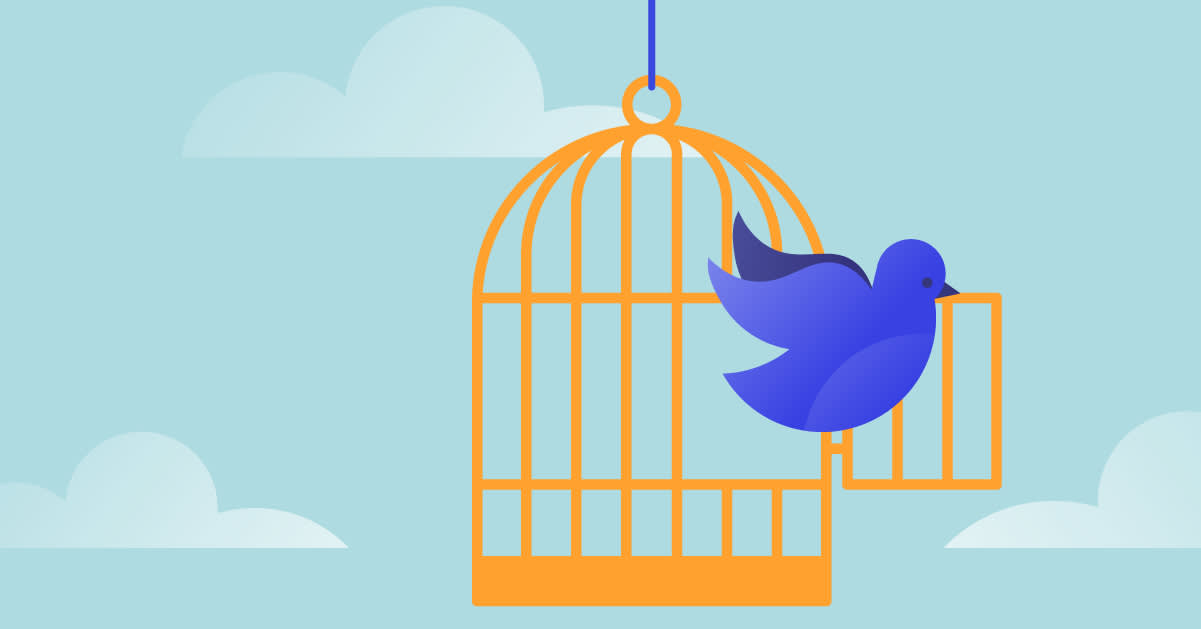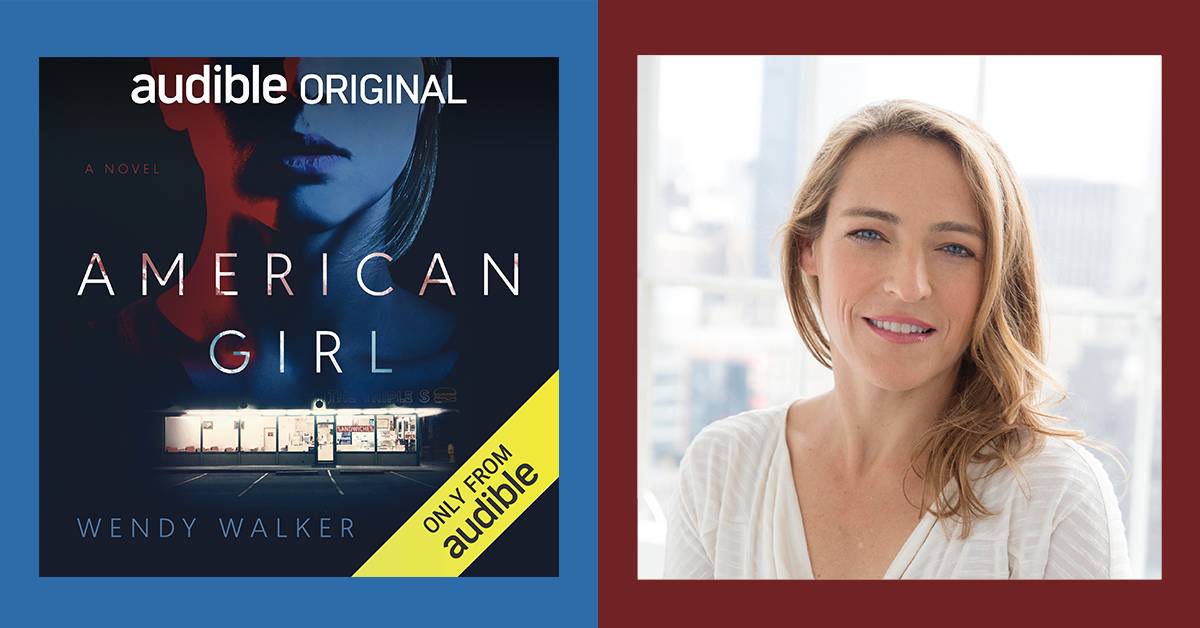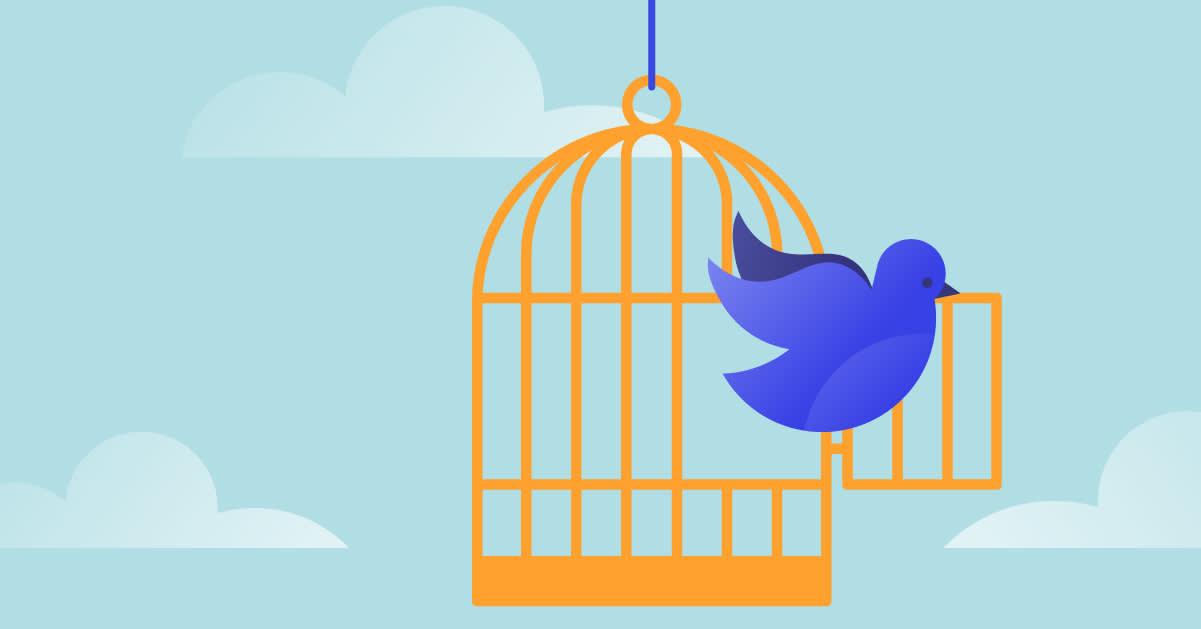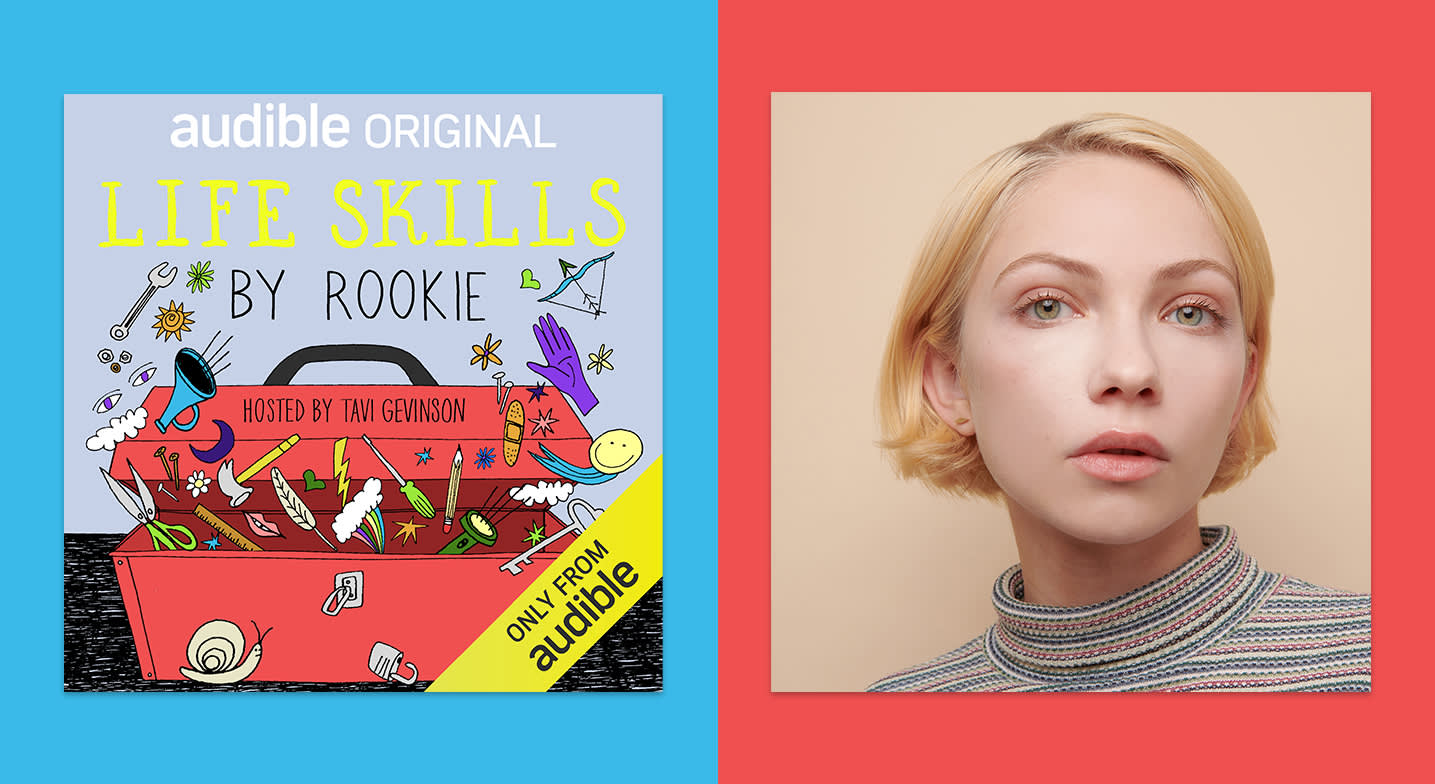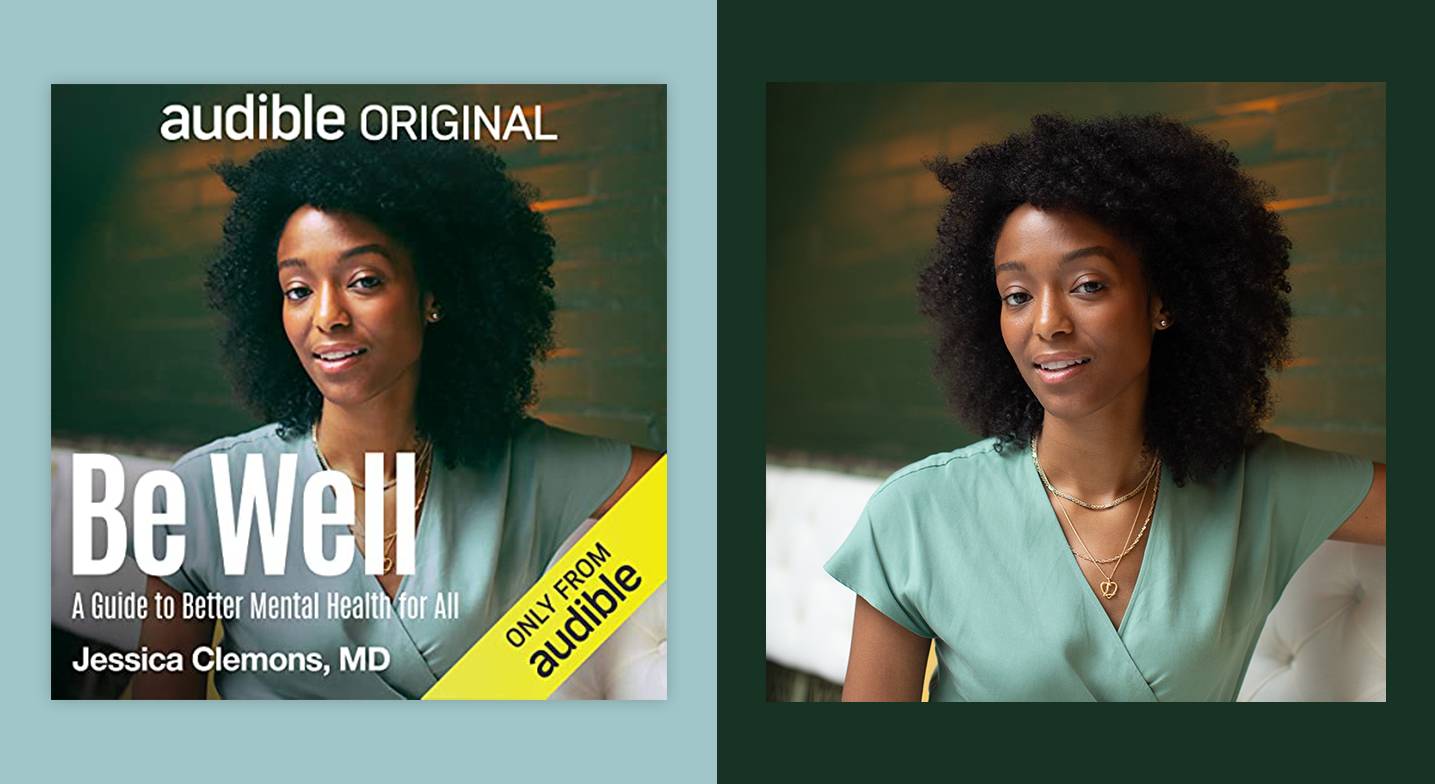In a recent episode of HBO’s Sex and the City reboot, Miranda gets a mysterious Amazon delivery: a copy of Quit Like a Woman, a bright, approachable manual for women who, in increasing numbers, are looking to cut back or eliminate their alcohol intake. Only problem? Miranda assumes it was sent by Charlotte, who had expressed concern about her drinking. And just like that, the book goes back in the box.
In my drinking days, I would have reacted exactly the same way.
No one can make the decision to quit for another person, especially someone with an addiction. But the funny thing is, after more than a decade of problematic drinking, devouring recovery memoirs, and taking “Am I an alcoholic?” quizzes in the middle of the night, a self-help book is exactly what gave me the strength to stop.
It was a random day in February 2019 when I downloaded This Naked Mind, which had previously sat untouched in my Audible library for months. As author Annie Grace recommended, I didn’t pressure myself to stop drinking or make any decisions; I didn’t ask myself to do anything but listen. Somehow, her words began to work on my subconscious, replacing the mental load of denial and bargaining—not to mention, my finite reserves of willpower—with a deep internal certainty: Drinking isn’t my friend and, without it, I’d be free.
I’ve since recommended This Naked Mind to many friends, though never unsolicited. (Speaking of which, spoiler alert: Charlotte was innocent! Miranda bought the book herself.)
When the pandemic hit, I was grateful I’d quit drinking first. The long days of quarantine, lack of social and cultural stimulation, and overwhelming grief and uncertainty would have given me plenty of justification to drink more than ever. But in fact, anyone contemplating stopping or pausing now has several advantages. For one, the seltzer and
mocktail explosion means that a plethora of delicious, complex, grown-up nonalcoholic beverages can be delivered to your door (one of the most mind-blowing things I learned in early sobriety was that drinking can be simply replaced with…drinking). The growing wave of cannabis legalization has also helped some people cut back on alcohol, which in turn allows them to better evaluate its effects. And the pandemic greatly accelerated the growth of virtual meetings and online recovery groups, an invaluable resource for folks without easy access to in-person events.
Another important shift is the recognition that treatment for alcohol abuse has long been too narrow—and too narrowly focused on men. The first step of AA, admitting that one is “powerless” over alcohol, can feel detrimental to someone who struggles with feeling powerless in other areas. So does the idea that you have to hit “rock bottom,” or even label yourself an alcoholic, to recover. Just as women have spent the past few decades being marketed wine and cocktails as uniquely suited to their lifestyle, many are now questioning those messages and proposing another way. The growing genre of “Quit Lit” runneth over with audiobooks, memoirs, and podcasts specifically for women—and whether you’re detoxing for Dry January, moderating, or trying to quit for good, they could be exactly what you need to hear.
Keep in mind: Quitting drinking should always be pursued in close consultation with a doctor, as stopping on your own can be dangerous or even be fatal for dependent drinkers. But with a plan in hand, the right listen could change your life.
Save the entire list to your library Collections for reference anytime.
Holly Whitaker was already famous in sobriety circles for her recovery community, Tempest, formerly known as Hip Sobriety. Thanks to plugs from Chrissy Teigen and Sex and the City, Whitaker’s audiobook Quit Like a Woman is capital-F famous in the wider world as well. Blending the author’s bold, relatable style with tactical tips and her own narration, this handy how-to is now the first stop for many women questioning their relationship with alcohol.
When best-selling author Glennon Doyle (a recovery warrior herself) calls a sobriety book “a masterpiece,” you know it’s a must-listen. Author and podcast host Laura McKowen voices her own story of addiction, recovery, and redemption in an instant best seller that blends facts, common questions, and spiritual depth with personal stories for an authentic and relatable approach. Listener Lu calls it “a gem and a keeper.”
Despite centuries of study and suffering, addiction still lacks comprehensive medical and scientific support, but luckily that is changing. Board-certified physician Dr. Nzinga Harrison is dedicated to understanding addictions (all of them) as a medical condition. Also the cofounder and chief medical officer of Eleanor Health, Harrison hosts this accessible and informative podcast in educational and ranging conversations on addiction, race, oppression, and drug policy.
Former 20/20 anchor Elizabeth Vargas’s memoir is one of the few celebrity tell-alls that gets passed around in recovery circles (along with Carrie Fisher’s Wishful Drinking and Russell Brand’s Recovery). It’s just that good. Recovering not only from alcohol abuse but panic attacks and anxiety, Vargas explores how these mental health issues had been deeply interconnected since childhood in this insightful, award-winning, and transformational listen.
In the follow-up to her influential The Unexpected Joy of Being Sober, Catherine Gray brings her witty wisdom and delightful British accent to another joy-focused audiobook on the pleasures of sobriety. Quitting drinking doesn’t have to be about denial and limits, the author assures. In fact, Gray makes a persuasive and provocative case that it’s just the opposite: an indulgence and freedom to let yourself feel.
Since I’ve already shared my own experience with Annie Grace’s groundbreaking audiobook, I'll point you to It’s About Damn Time author Arlan Hamilton’s incredible Audible interview, in which she noted that Grace’s book (and voice!) helped her end a 15-year addiction after five days of listening. “I don't necessarily want to meet Annie Grace even though she changed my life, because I think I would scare her with how excited I would be to meet her,” Hamilton said. “For a book, for over five days, to change all of that was just astonishing.”
Caroline Knapp's pioneering memoir was one of the first to directly address alcohol dependence from a woman's perspective, and it's still one of the best. Packed with insights on why we drink, crossover addictions like food and alcohol, and her own candid road to recovery, Knapp's outstanding book is read by star narrator Gabra Zackman. Despite the title, it has the effect of making you want to put your drink down, not pick one up.
Storyteller, speaker, and HuffPo contributor Laura Cathcart Robbins was inspired to start this podcast after being the only Black woman at a writing retreat. Rather than push past the experience, Robbins wrote about it—and promptly went viral. The reaction from folks who felt seen inspired Robbins to start this podcast, which she says is “for anyone who has ever felt alone in a room full of people.” That includes a lot of drinkers, and Robbins, who is in recovery herself, welcomes guests to talk about topics ranging from sobriety to race, politics, and more.
The best parts of AA, at least for me, were the colorful anecdotes and lovely people. Drunks tell a great story, even when the alcohol is gone. Mishka Shubaly’s forthright Audible Original, Cold Turkey functions as a hybrid memoir and how-to manual, teeming with messy details and hard-won wisdom. Though it’s not specifically for women, Cold Turkey is a great listen for anyone looking to recover outside of a traditional 12-step program.
I can't leave without recommending The Artist’s Way, Julia Cameron's seminal book on the subject of creativity. Is it an accident that Cameron, who has been sober since she was 29, also developed the preeminent method of unleashing one's creativity and living a more artistic life? I couldn't have gotten through the early months of sobriety without Cameron's daily regimen of "morning pages," and with the 25th anniversary edition, this cult-status audiobook has reached new heights of deserved popularity.
